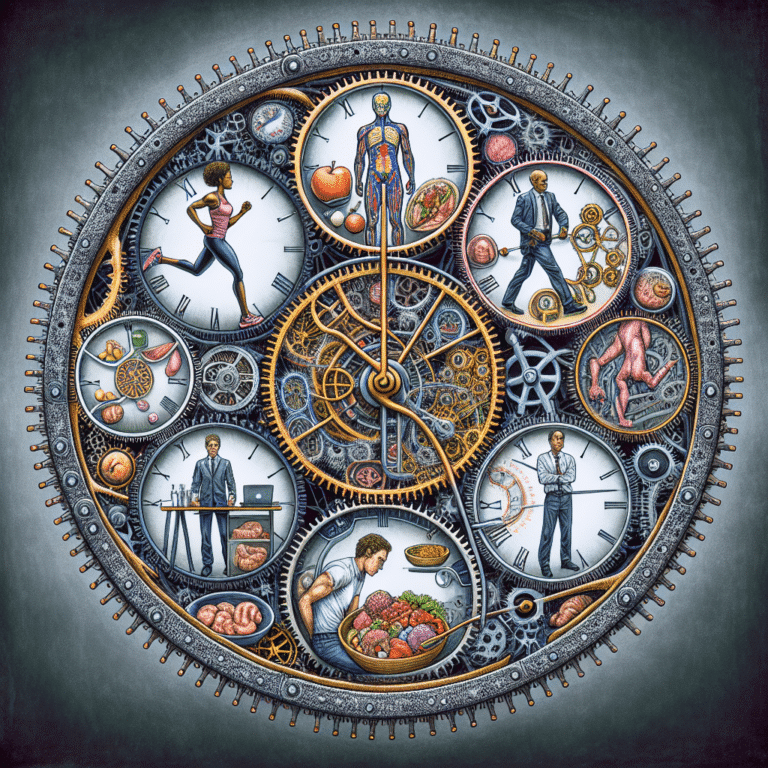Scientists at Washington University in St. Louis are uncovering how GABA receptors regulate circadian rhythms in the brain.
- Signals from the central circadian clock in the brain generate seasonal and daily rhythms in humans and animals, helping the body prepare for environmental changes.
- Researchers at Washington University in St. Louis studied how internal biological clocks keep time, answering questions about circadian rhythms.
- The study focused on the role of GABA neurotransmitter in synchronizing circadian rhythms and found that receptor density impacts the amplitude of these rhythms.
- Manipulating the density of GABA receptors in mice altered their circadian rhythms, affecting behavior and synchrony among SCN cells.
- Understanding circadian rhythms is crucial as disruptions can lead to negative consequences such as fatigue, hormonal changes, gastrointestinal issues, and mood changes.
Source link
Internal Medicine, Neurology, Pathology & Lab Medicine


